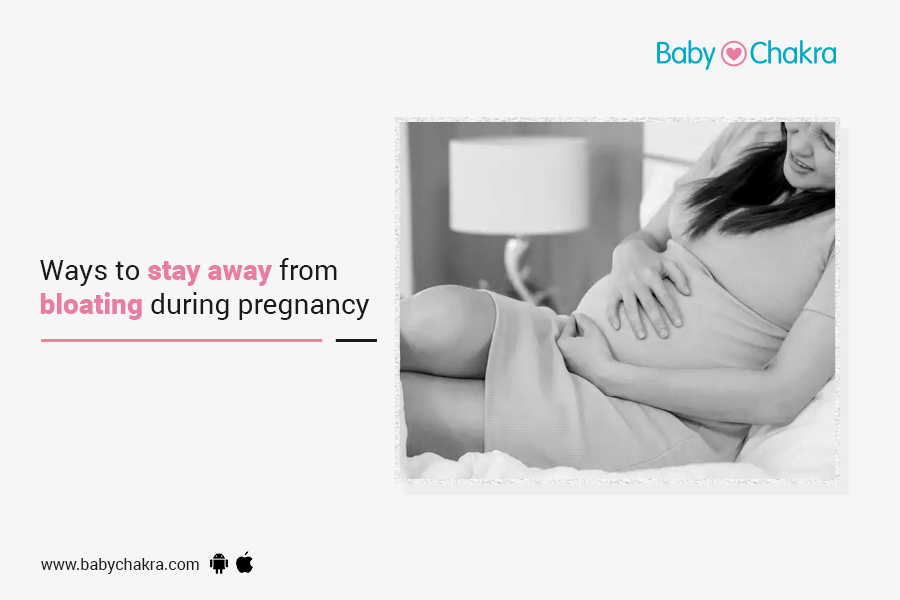
Ways To Stay Away From Bloating During Pregnancy
13 Oct 2022 | 2 min Read
Dr Tanvi Desai
Author | 3 Articles
Although bloating does not cause any major pregnancy complications or birth risks but it causes pain and discomfort to the mother.
The constant pressure on the abdomen by the growing uterus, hormonal changes, dietary changes, or pregnancy supplements are a few of the reasons leading to bloating, gas, and digestive problems.
Where few of the changes leading to bloating are unavoidable the rest can be controlled in order to avoid excess bloating and prevent bloating and gas caused by lifestyle or dietary changes.
A few of the things to avoid to prevent worsening pregnancy bloating and gas are:
· Avoid too much salt in your food as it can lead to water retention in the body and bloating
· Avoid having fried or oily foods and high-fat foods as they cannot be easily digested and also lead to bloating and gas.
· If you are not used to having fiber-rich foods, do not suddenly introduce high fiber foods in your diet as it can lead to bloating. Lentils are one such food that can cause bloating.
· Avoid vegetables that can cause gas. Cauliflower, cabbage, and broccoli are a few such vegetables that can lead to gas. Brussel sprouts are also known to increase bloating and cause gas.
· Avoid having onions as its rich in fructans (soluble fiber) that can cause digestive discomfort, and bloating in a few.
· Do not stop exercising when you are pregnant. Exercise, yoga, and regular walks are very effective in managing bloating and help pass gas through the intestine. Going for walks especially after meals can help reduce bloating.
If you like the article, do rate us too on the google app store by using this link
A


Related Topics for you
Suggestions offered by doctors on BabyChakra are of advisory nature i.e., for educational and informational purposes only. Content posted on, created for, or compiled by BabyChakra is not intended or designed to replace your doctor's independent judgment about any symptom, condition, or the appropriateness or risks of a procedure or treatment for a given person.
